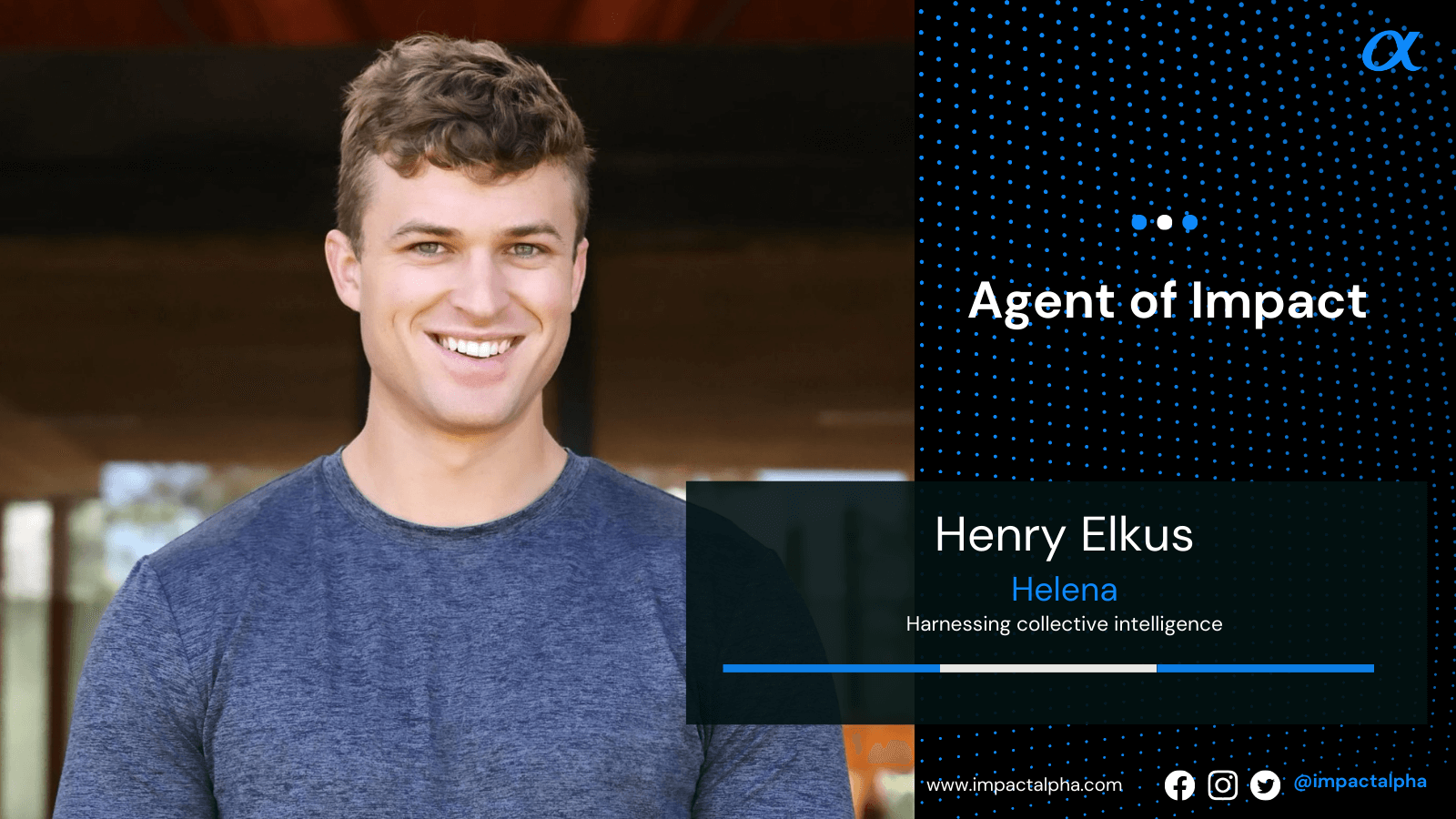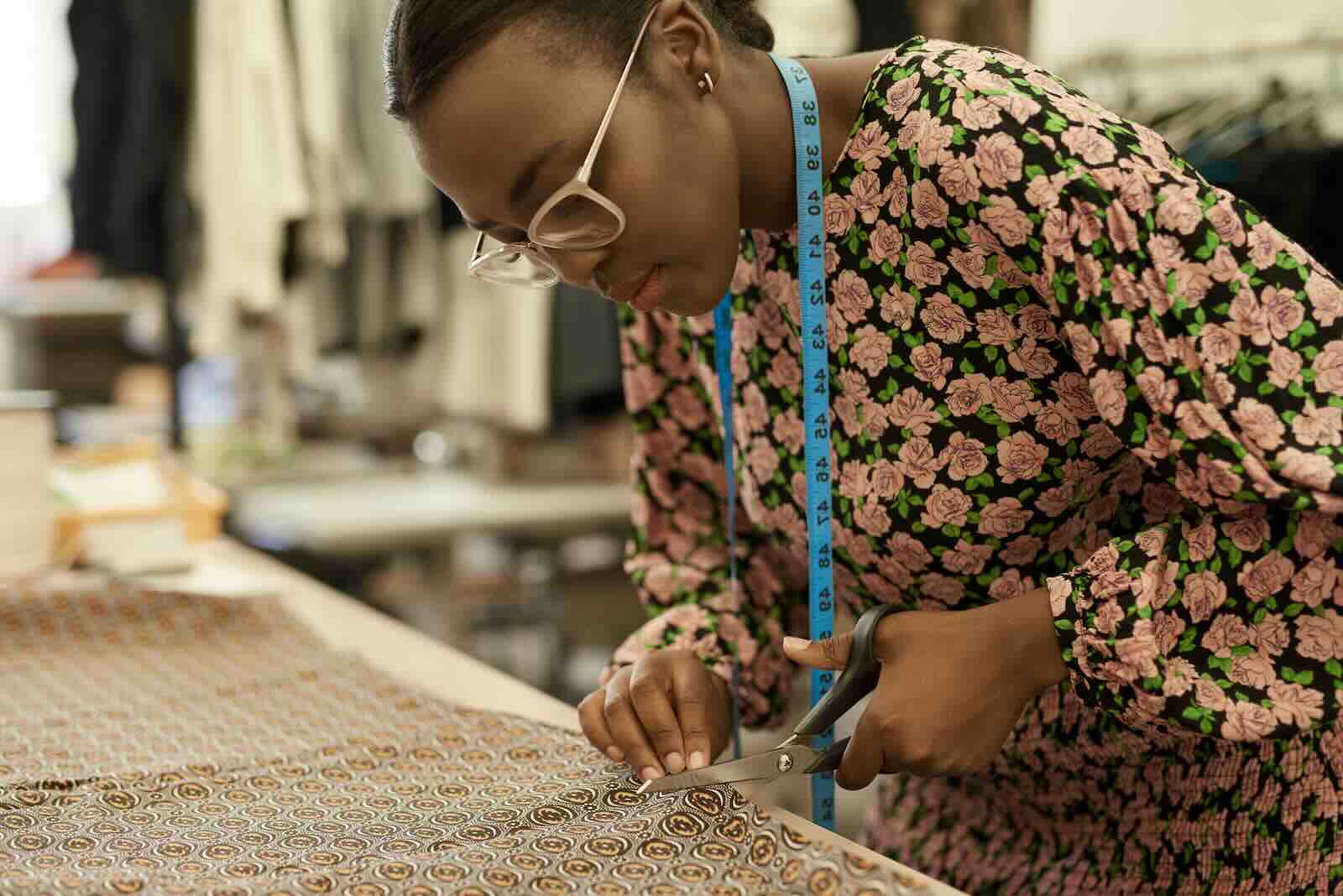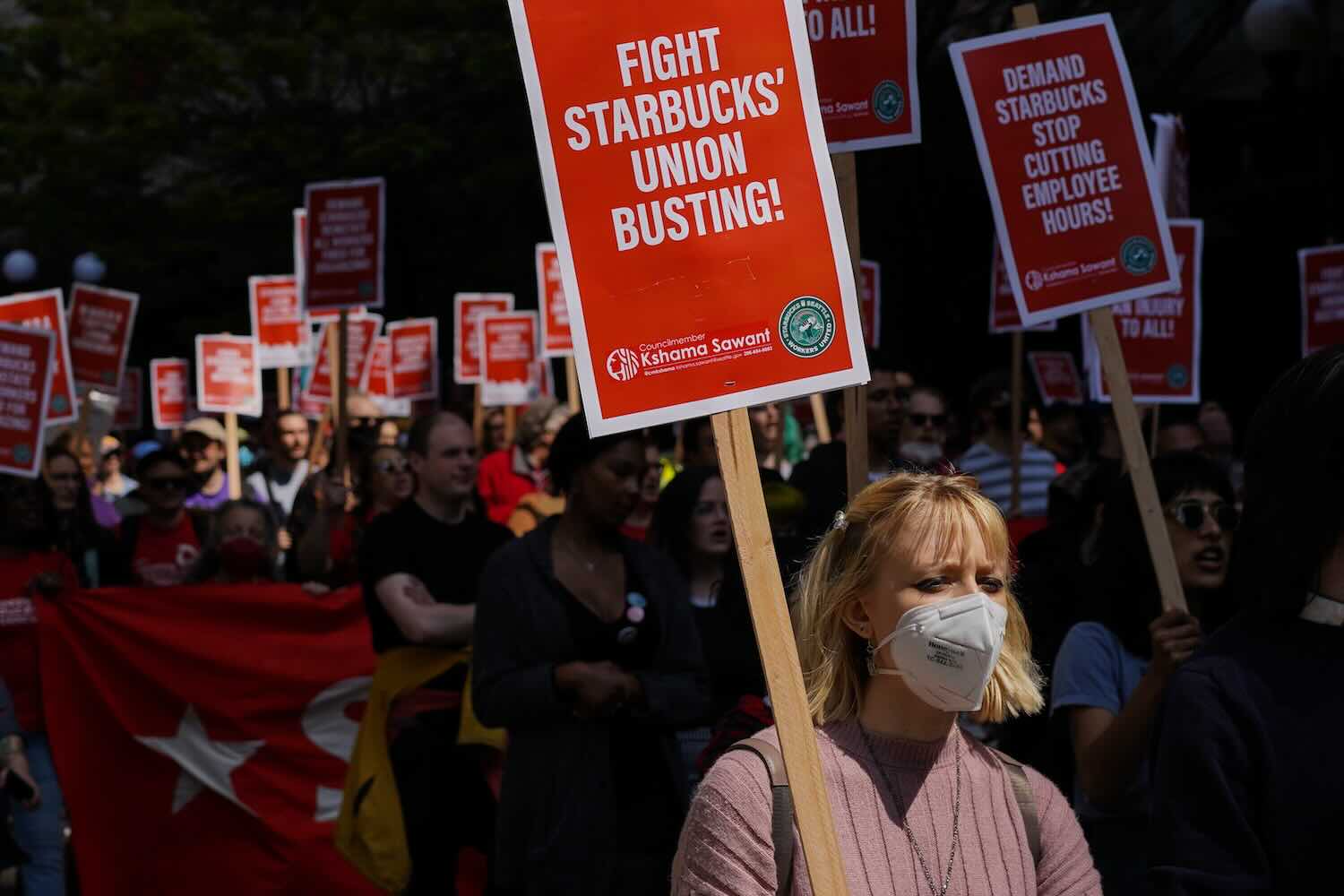As a sophomore at Yale, Henry Elkus scored a meeting with Ray Chambers, the private equity investor and global health philanthropist. Elkus wanted to drop out of school and solve the world’s big problems. The right people around the table can not only identify the problems, but the solutions, he explained.
Instead of sending him back to his dorm room, as the story goes, Chambers wrote him a check.
When Elkus and his partner Sam Feinburg returned to report on their activities, “I was surprised that there was progress, but there was,” says Suprotik Basu, an advisor to Chambers.
Dubbed Helena, they had helped pull off America in One Room, which gathered a representative sample of 523 voters in Dallas for three days of deliberative dialogue to show how opinions could converge on even the most divisive issues. Another project efficiently routed masks, gloves and diagnostics to hospitals at the height of to Covid-19 pandemic. A third developed and passed legislation in California to secure electricity grids.
Helena’s collective intelligence consists of hundreds of high-powered “members.” “We sit down with these people and say, ‘Tell me exactly what do you want to do in your life and your career in the next 10 years or five years?’” Elkus told ImpactAlpha. “‘And tell me exactly what you don’t have access to that you need to do it.’” Financial agreements are made only when projects get concrete.
“The core thesis of Helena is that development of complex technology already is outpacing the development of the human race to understand, regulate and do something about it,” says Elkus, now 28 years old. “That started with the Manhattan Project – but now we’re doing like 20 Manhattan projects.”
Sexy brand
When it became clear that philanthropic capital was not sufficient to bring solutions to scale, Chambers brought in Alan Schwartz of Guggenheim Partners, who helped Elkus and Feinburg capitalize a partnership that did a series of club deals and, after about 18 months, established Helena Special Investments, Helena’s impact investment fund. Basu joined Helena to help manage the investments.
Helena has invested in energy storage company Energy Vault, the MIT fusion spinoff Commonwealth Fusion and Twin Health, which is using AI to reverse diabetes and other chronic diseases. Helena is working with Rockefeller Foundation to develop safeguards against bioterrorism at the intersection of artificial intelligence and bioengineering.
Last week, Helena led the $100 million-plus round for Lykos Therapeutics, which has submitted a new drug application to the FDA for MDMA-assisted therapy for post-traumatic stress disorder (see, “Net Zero Trauma”).
“I think that the sexiest place to work is in solving societal problems. But for some reason, it’s the least sexy brand in the world,” Elkus says. He has focused Helena on rebranding social innovation. “My bet is that impact investing will just become mainstream investing because the world’s problems are so acute that capitalism has to solve them.”
“We started Helena when a lot of these ideas were anathema. I think the world has unfortunately moved in a direction where now somebody will look at our model and go, ‘Oh, that makes sense.’”











